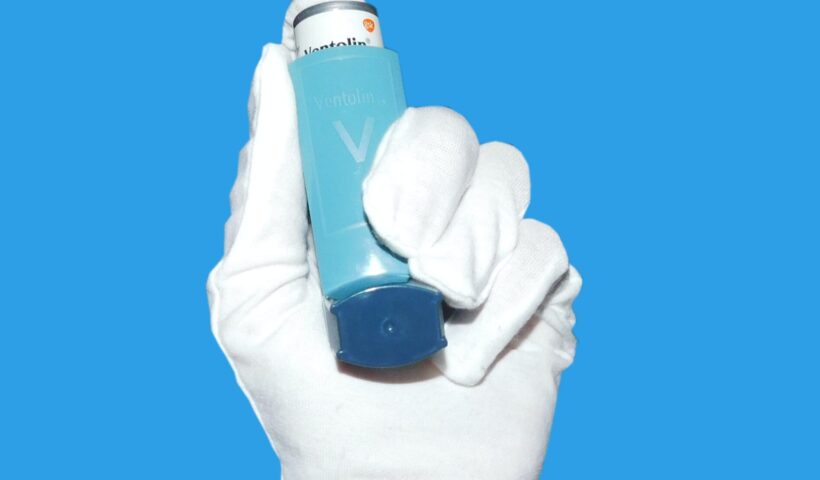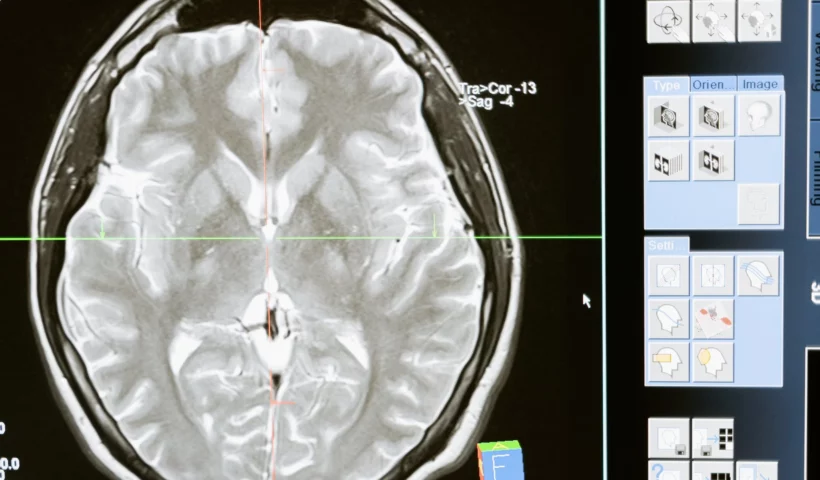The FTC recently challenged over 100 patents in the FDA’s Orange Book, a guide that lists drug products, patents, and viable generics. A patent in the Orange Book for pharmaceutical companies delays competitors from entering the market because of infringement risks. However, the FTC found several instances of medical device patents listed in the Orange Book that overstep the Book’s purpose. These improper patents are artificially extending monopolies to pharmaceutical companies. This adds to the rising costs of inhalers and EpiPens, which come at the consumer’s expense.
View More FTC Dispute Helps to Explain Rising Medical Device CostsAuthor: Kaylee Tseng
Nobel Prize in Medicine Winner Demonstrates the Roadblocks of Academic Innovation
This week, the recipients of the Nobel Prize in Medicine were recognized for their contributions to mRNA vaccine technology. However, their research was historically brushed off by colleagues, publications, and grant institutions before the COVID-19 pandemic. Specifically, Dr. Katalin Karikó was demoted from a tenure-track position and eventually forced to retire from her university. Her struggle for recognition reflects the roadblocks to innovation in academia that are amplified by limited funding and biases.
View More Nobel Prize in Medicine Winner Demonstrates the Roadblocks of Academic InnovationHow the WGA Strike Could Accelerate AI Regulation
As the WGA and SAG-AFTRA continue to strike, AI has become a significant sticking point for studios and unions. For writers, AI text generation could exacerbate existing low wages and enable studios to hire fewer writers. For actors, AI greatly accelerates digital duplicate technology, jeopardizing actors’ rights to their own image and potentially lowering their rehire rate. Both of these instances have unclear legal or corporate guidelines, especially in the United States. However, a strike resolution may set a new precedent for AI regulation in creative industries.
View More How the WGA Strike Could Accelerate AI RegulationWhy the Microsoft vs. Sony “Console War” May Be a One-Sided Battle
As Microsoft inches closer to finalizing its acquisition of Activision Blizzard, the console war between the Xbox and PlayStation systems continues. Although Microsoft has already conceded the Call of Duty franchise to Sony, it is unclear how the acquisition may tip the scales. Microsoft’s position as a global software powerhouse brings into question whether they even need to win the console war to survive.
View More Why the Microsoft vs. Sony “Console War” May Be a One-Sided BattleBurners in Hot Water: The Struggle Over Household Gas Appliances
Recent studies link gas appliances to severe adverse personal health and climate effects, with many consumers considering switching to electric or induction alternatives. However, others, including some politicians and industries, are resistant to legislation that would limit or ban gas stoves. New York announced that it will implement a gas stove ban in 2026, while the House of Representatives passed a bill prohibiting such bans on a federal level. This legislative back-and-forth will likely continue, and it parallels other attempts to transition away from fossil fuel technologies.
View More Burners in Hot Water: The Struggle Over Household Gas AppliancesNeuralink Gains First-In-Human Approval as BCIs Advance Rapidly
Elon Musk’s Neuralink has received FDA approval for first-in-human studies of their brain-computer interface implant. This approval comes after multiple controversies surrounding their preclinical treatment of animal subjects. BCI technology has several concerns, including invasive surgeries, adverse effects, and implant obsolescence. While the general public will not have access to BCIs for enhancement any time soon, it is crucial to consider the impact and regulation of this technology for patients that it could greatly benefit.
View More Neuralink Gains First-In-Human Approval as BCIs Advance RapidlyAbortion Pill Rulings Leave the FDA in Political Crossfire
This month, FDA approval of mifepristone, a key drug used for medication abortion, has been the subject of several federal rulings. Representatives of the FDA and private drug companies have spoken out against the motion to overrule FDA approval, citing extensive safety data. Depending on the decision from the Supreme Court, these rulings could set a new precedent allowing federal courts to overturn FDA approval.
View More Abortion Pill Rulings Leave the FDA in Political CrossfireAdvancements in Superconductors: New Hopes or False Promises?
A new publication in Nature reported the development of a near-ambient superconductor, a material without electrical resistance. Traditionally, materials only display superconductivity at low temperatures (-123 °C) or high pressure (>990,000 atm). The introduction of a superconductive material that operates at ambient temperatures and lower pressure could introduce faster and more energy-efficient technologies. However, a lack of rare resources and scrutiny of initial data may prevent this technology from reaching its full potential.
View More Advancements in Superconductors: New Hopes or False Promises?Martin Shkreli Returns as Drug Prices Continue to Rise
Martin Shkreli became the internet’s most hated man in 2015 for hiking the price of life-saving medicine and mocking his online critics. Last month, Shkreli returned to the headlines when he started a new drug discovery company. As the FTC cracks down on Shkreli’s business, drug prices continue to rise.
View More Martin Shkreli Returns as Drug Prices Continue to RiseNew AI, New Problems: ChatGPT in the Classroom
The introduction of OpenAI’s AI text generator ChatGPT late last year has amplified the conversation surrounding AI use in classrooms. Aside from issues of dataset bias, OpenAI must also contend with critics who question whether ChatGPT is being used for academic assignments. Plagiarism software must now accelerate development in order to identify ChatGPT’s human-like responses.
View More New AI, New Problems: ChatGPT in the Classroom









